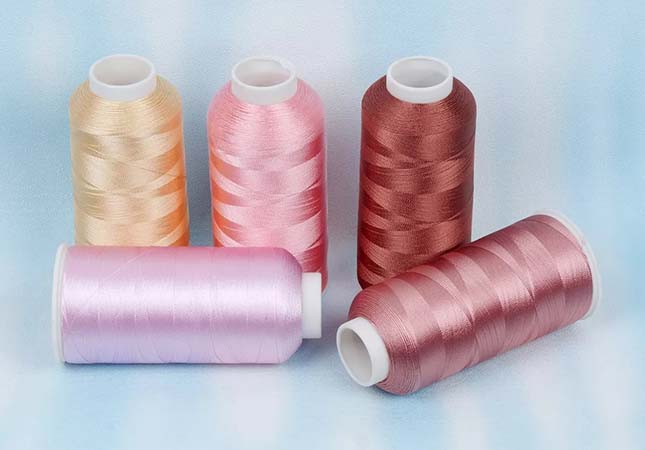As a key area of international competition, the development of fiber materials, especially advanced functional fibers, determines the stability and security of industrial chains and supply chains, as well as the creation of industrial value and future space. It occupies a core position and has key value in the modernization of the textile industry system.
A new wave of industrial revolution is emerging, and fiber innovation must follow the trend and seize the momentum. The industry needs to expand space through integration, innovate paradigms through intelligence, and shape value through greening. There are three key points for the development of advanced functional fibers. Firstly, balance safety and development, ensure the stability of industrial chain and supply chain, and accelerate the breakthroughs in key raw materials, technologies, and equipment for fiber new materials. Secondly, take into account both the present and the future, promote forward-looking and leading development, strengthen interdisciplinary and cross-domain basic research and original innovation. Thirdly, improve quality and efficiency, promote the upgrading of supply and demand sides, accelerate collaborative innovation among industry, academia, research, and application, and form a virtuous cycle driven by talent support, innovation, market demand, and capital.

After long-term development, China's fiber materials have made significant progress in industrial scale, product quality, variety structure, functionality, and the greening and digitization of fiber production. Director Cao Xuejun pointed out in his speech that advanced functional fibers greatly enhance the high-quality supply of textiles, the development of high-performance fibers expands the market for textile applications, and the application of bio-based renewable and degradable fibers enhances the discourse power of green textile development. In order to achieve the transformation from trailing and keeping pace to leading, the industry needs to enhance the urgency of innovation, consolidate and enhance the advantageous position of the textile industry chain, explore new space for textile development towards the forefront of science and technology, and strengthen research on standards, certification, and rules to enhance the supply of low-carbon and green products.
Basic Categories of Chemical Fibers
Chemical fibers refer to fibers synthesized using chemical methods and mainly include synthetic fibers and semi-synthetic fibers. Synthetic fibers can be further divided into modified fibers and unmodified fibers.
1. Modified fibers: Modified fibers are new types of fibers obtained through modifications based on natural fibers or chemical fibers. Common examples include Lycra, spandex, and elastic fibers. Modified fibers possess excellent elasticity, comfort, and breathability, and are widely used in the production of underwear, dancewear, and functional clothing.
2. Unmodified fibers: Unmodified fibers mainly include polyester, nylon, and acrylic fibers. They have good durability, abrasion resistance, and corrosion resistance and are commonly used in the production of clothing, socks, and household items.
3. Semi-synthetic fibers: Semi-synthetic fibers are fibers produced by blending natural fibers with chemical fibers. Common examples include viscose fibers, metallic fibers, and electrospun yarn.
Raw Materials for Fiber Production
The raw materials for fiber production mainly include fossil fuels such as coal, petroleum, natural gas, as well as natural materials like wood and plant fibers. Among them, petroleum is one of the main raw materials for producing synthetic fibers, while other fossil fuels and natural materials are also widely used in the fiber production process.
The commonly used raw materials in the textile industry include natural fibers and chemical fibers, such as cotton, flax, wool, silk, polyester, and so on, as well as the raw materials for fiber production, such as coal and petroleum. In different production scenarios, textile companies can choose different raw materials for production based on product quality, market positioning, and cost considerations.
SUNTECH Textile Machinery has the range of products encompasses almost all fabric types, including but not limited to pinking machine, loom machine, weaving machine, beam truck, fabric cutting machine, motorized beam trolley, beam storage, and fabric inspection machine. SUNTECH Textile Machinery continues to lead the textile industry with our innovative approach and extensive experience. Welcome quotes and cooperation opportunities from you!




